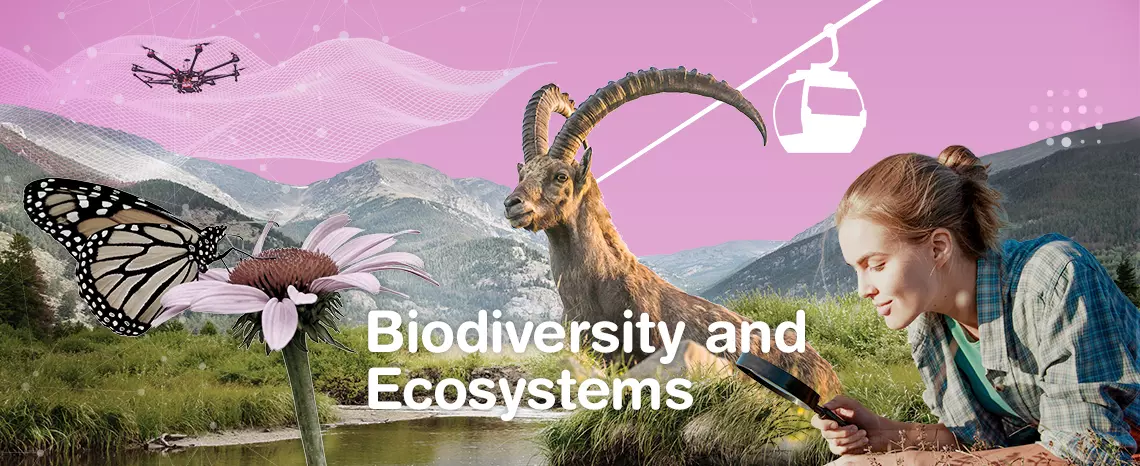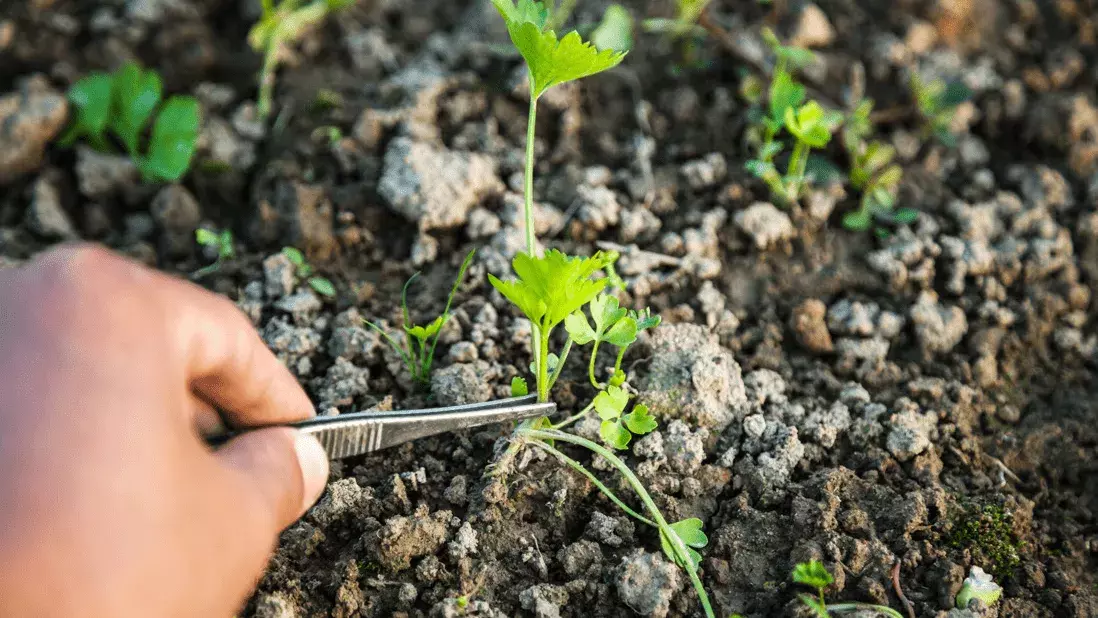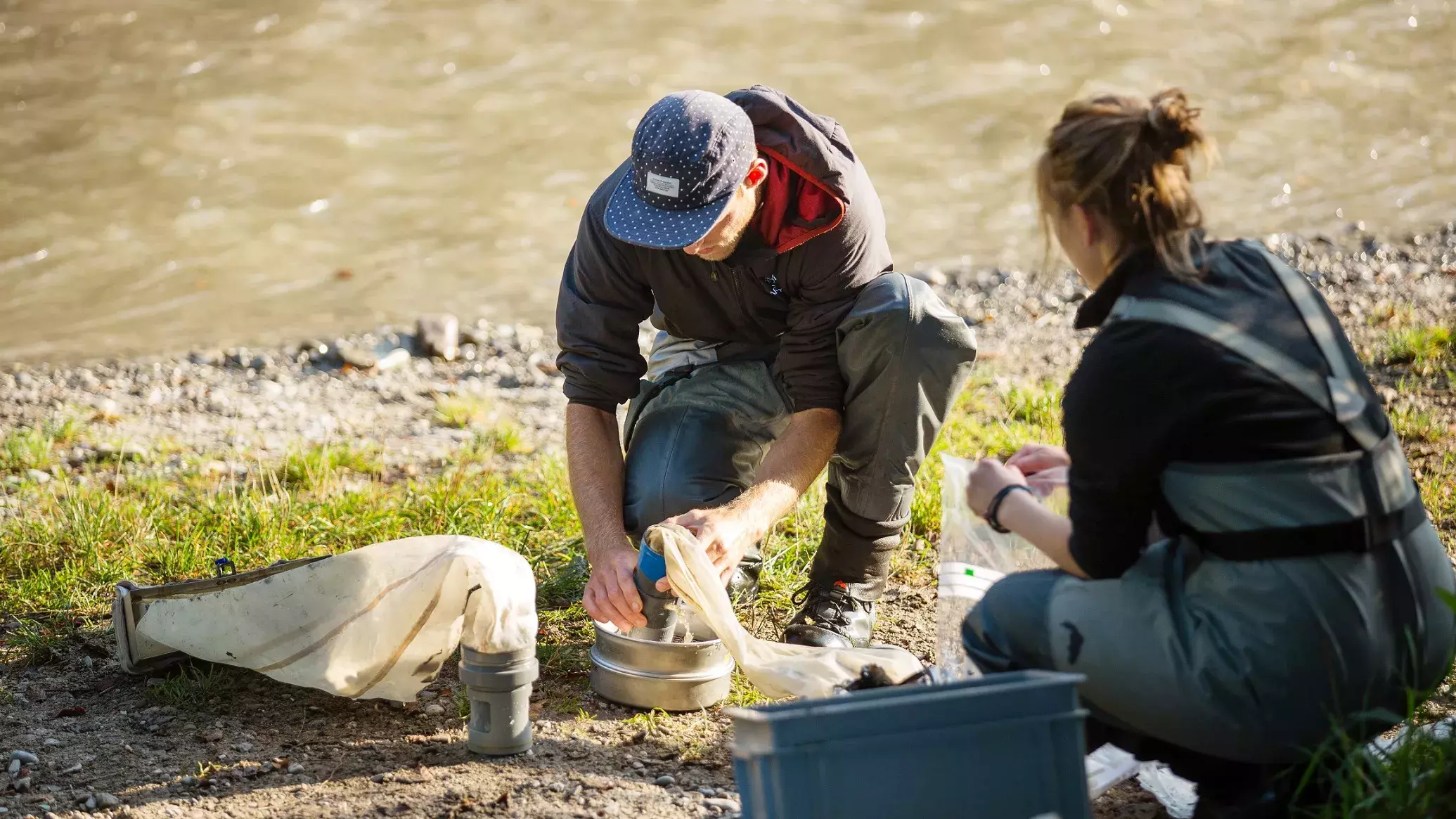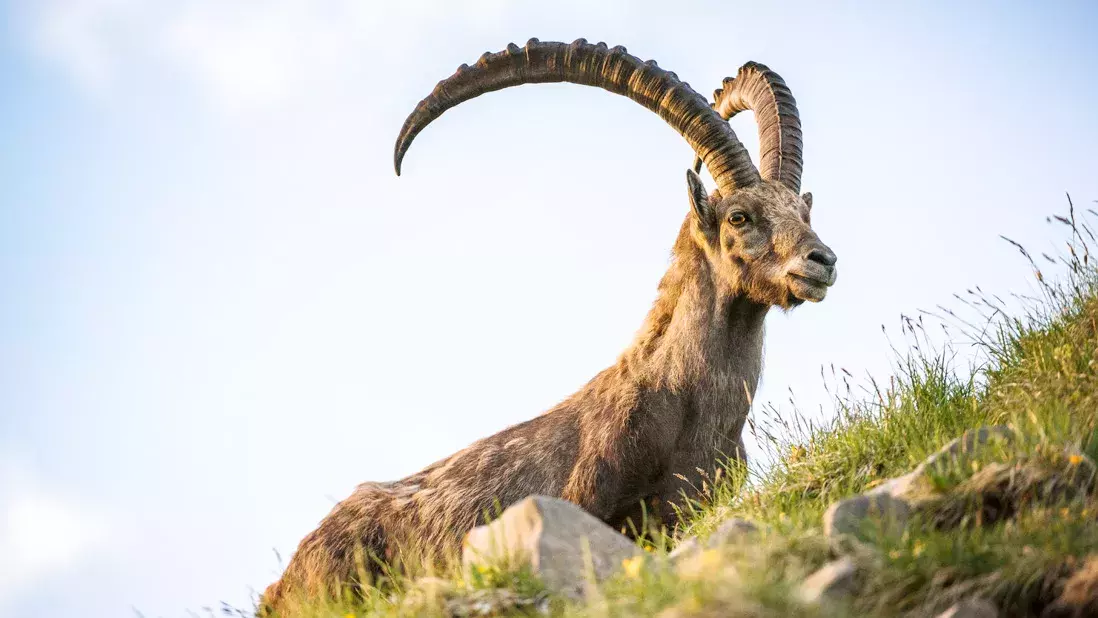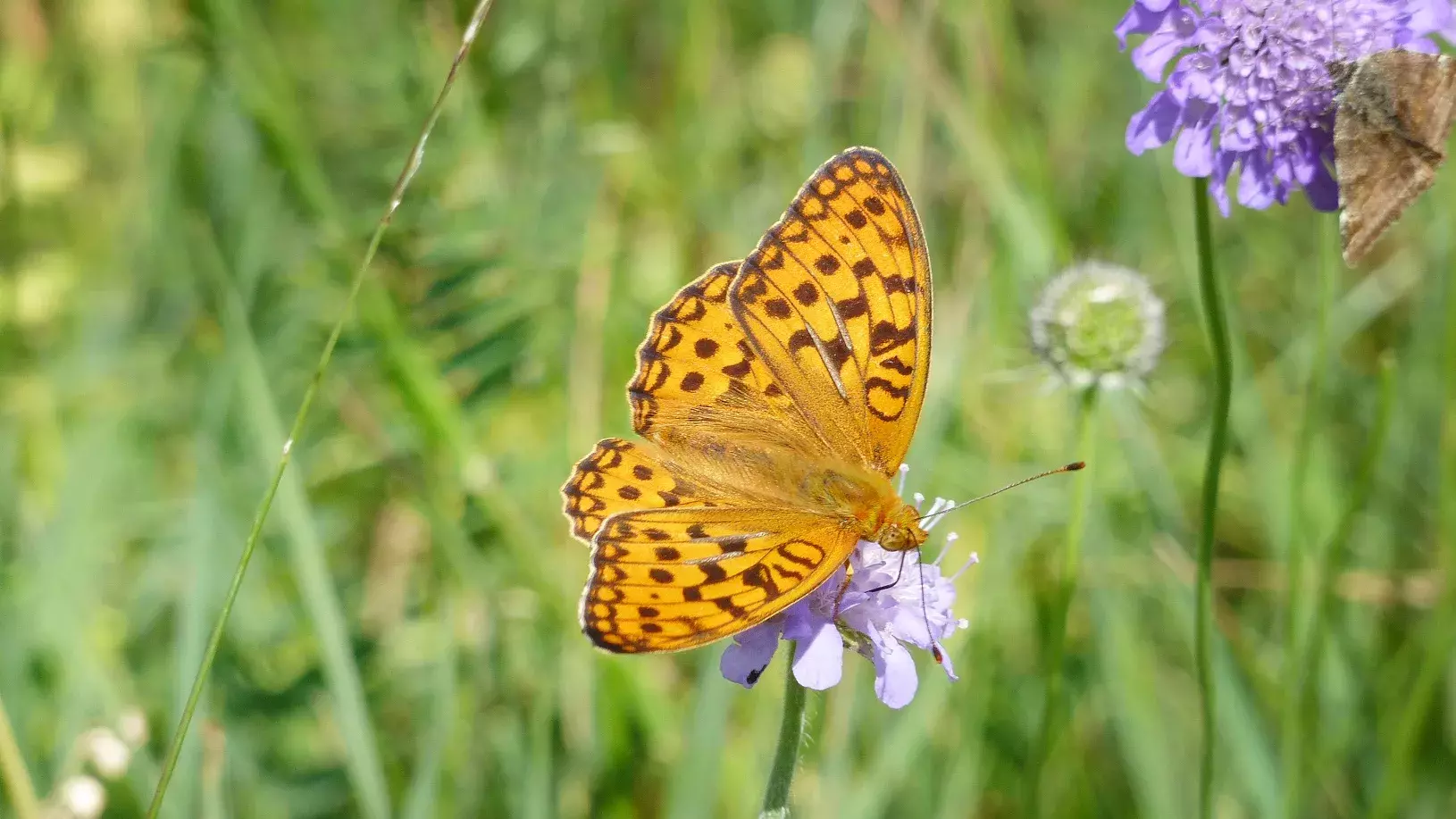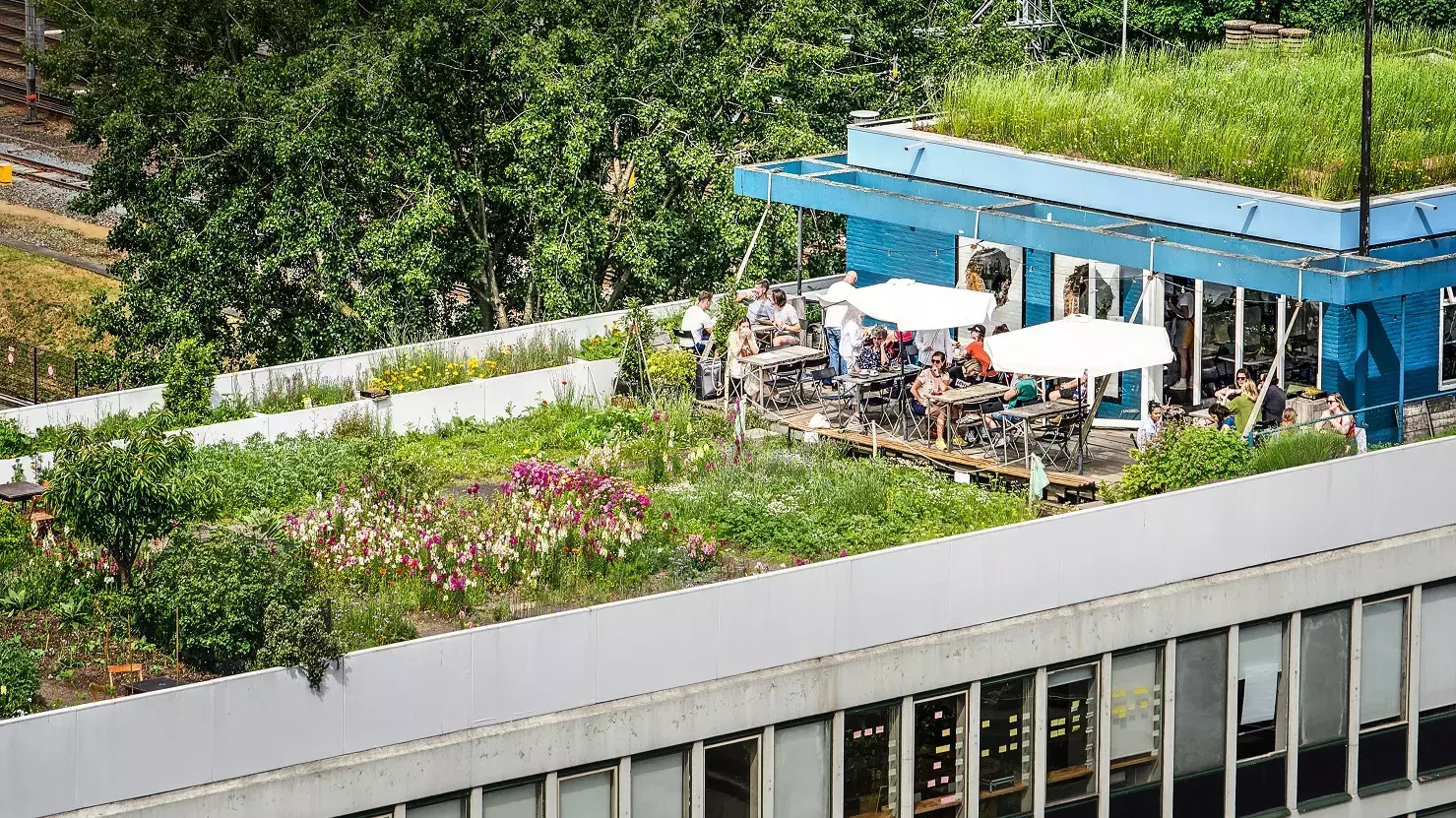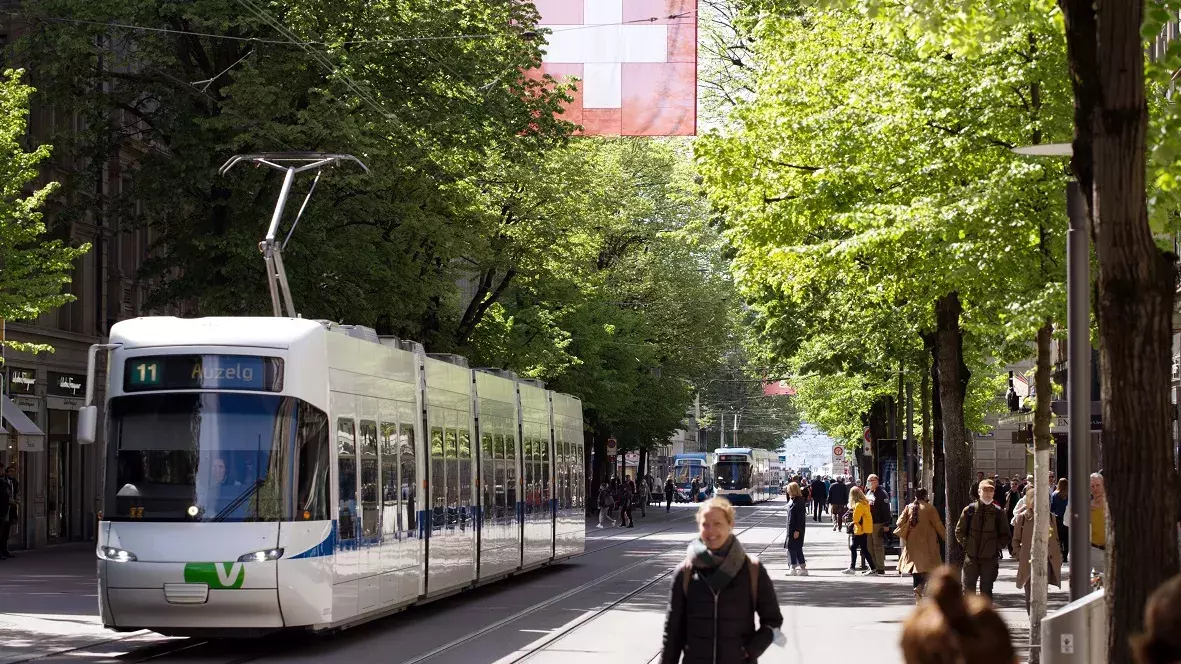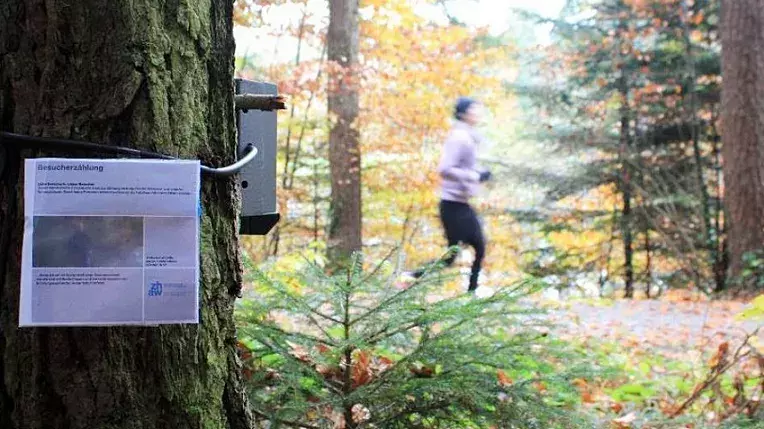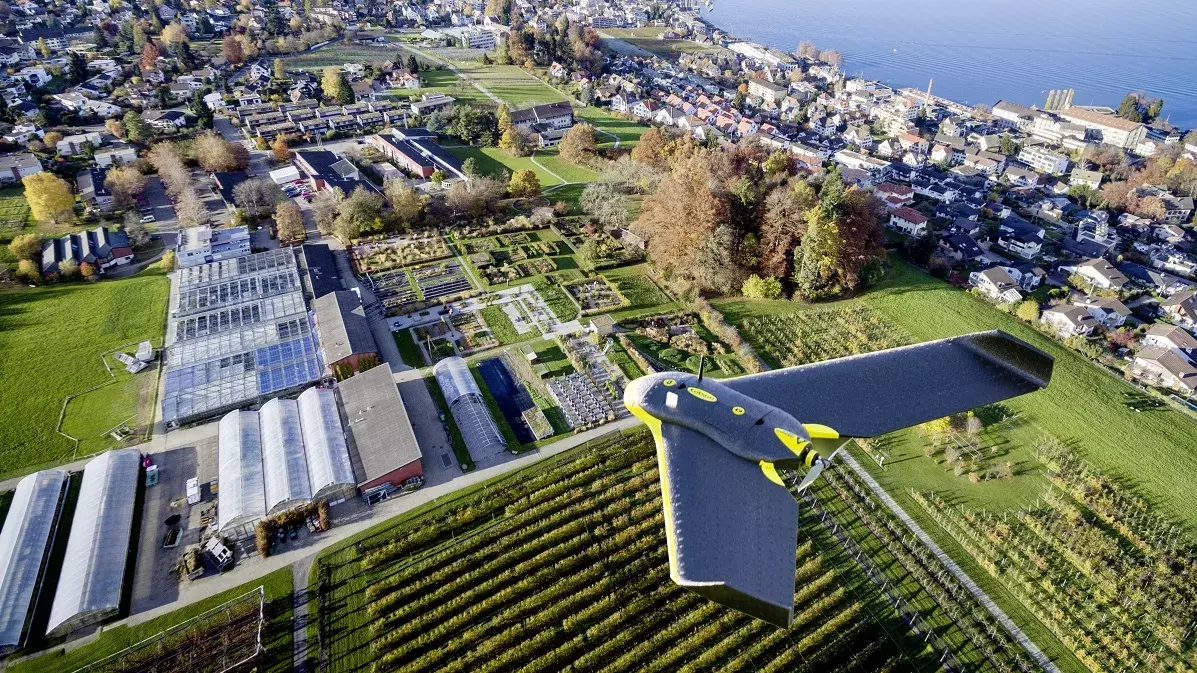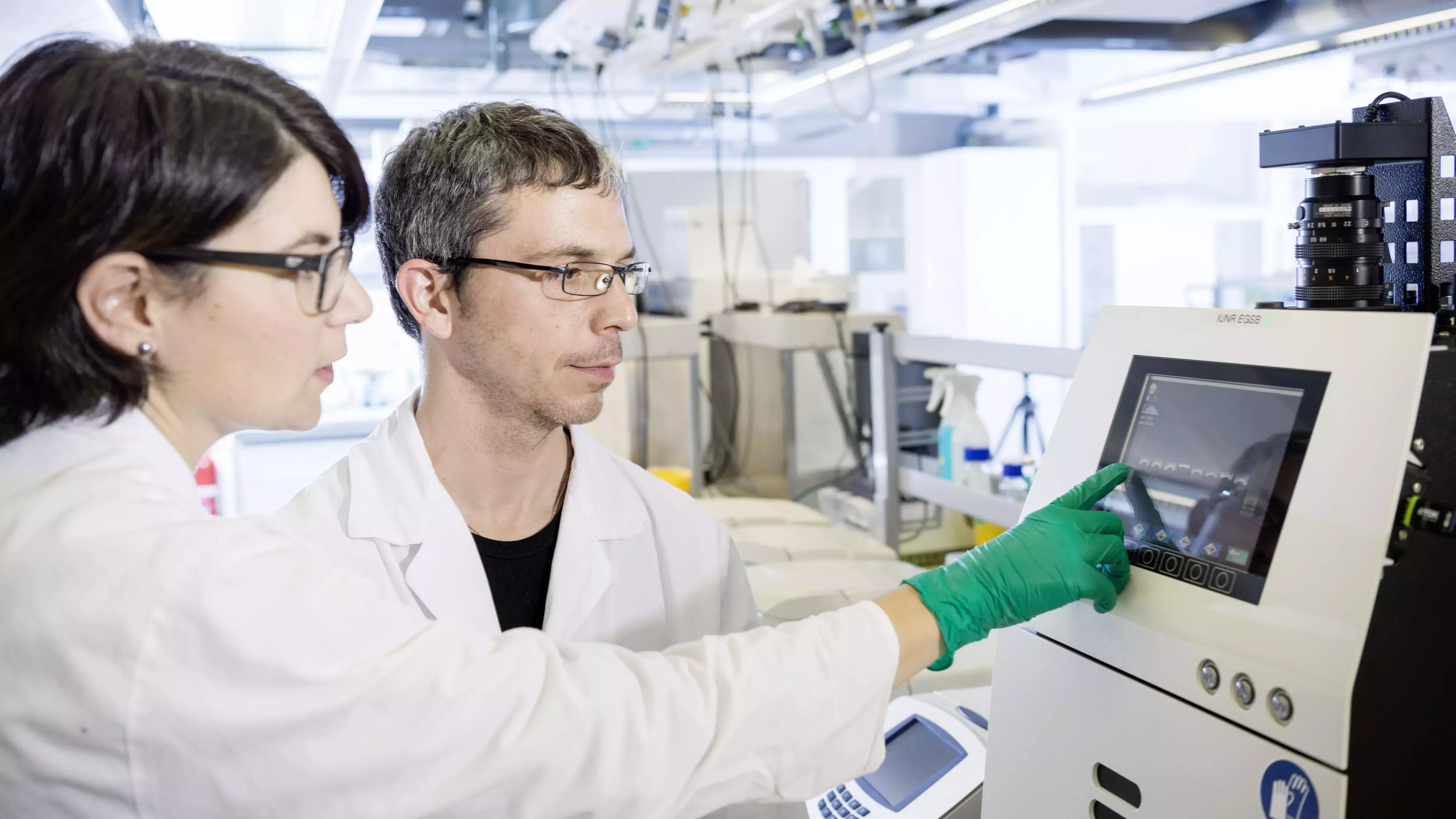Master Research Unit Biodiversity and Ecosystems for MSc Environment and Natural Resources
Stand up for the preservation of biodiversity and ecosystems! With a focus on Biodiversity and Ecosystems, you are committed to improving the quality of life for both people and nature.
Progressive species decline and the silent disappearance of ecosystems make it necessary to persistently work on upgrading and protection concepts. The focus is on terrestrial and aquatic systems. Regional, sustainable solutions for urban and rural areas are in demand. Work with us to create a natural environment worth living in!
Competencies
As a Master of Science ZHAW in Environment and Natural Resources with a focus on Biodiversity and Ecosystems, you
- know the ecological, social and political relationships that influence the use of the landscape and the protection of species.
- work on complex issues relating to biodiversity and ecosystem services.
- analyse, model and evaluate the interaction of important processes in ecosystems with suitable methods.
- find practical solutions based on ecological criteria, taking participative approaches into account.
Course content
In this specialisation, you will learn about scientific methods for recording and assessing biodiversity. The focus is on regional ecosystems in settlement areas and in rural areas.
You will consider the following questions throughout your studies:
- Which methods are suitable for assessing the quality of ecosystems? Which tools do we choose to record biodiversity?
- Which discussions at the social and political level decide about protecting the Swiss natural environment and its species?
- How do we design neighbourhoods and cities to promote quality of life for everyone?
- How can sport, relaxation and the experience of nature be combined with the protection and preservation of habitats?
- How can ecology, society and political factors be combined to enable sustainable societal development?
Master's Studio
In the Master's Studio, you specialise in the thematic field of your research group. You benefit from our network in industry and research, and have the opportunity to carry out projects abroad with industry partners in the field.
As part of the Master's thesis, you develop your own ideas and concepts for solving scientific challenges. This enables you to tackle complex issues independently in your subsequent professional occupation.
Research groups
The central aspect of your Master's degree is your participation in your chosen research group. This individual specialisation makes up half of the degree's programme and gives you in-depth insights into research and development work. In this way, you already build up a professional network during your studies.
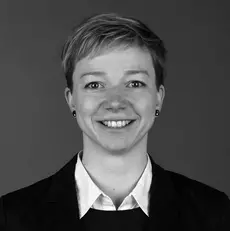
"As a career changer in the environmental field, the UNR master's allows me to follow my interests and acquire knowledge about nature and species conservation. The research group allows me to add new technical skills to my “backpack” of skills to specifically answer ecological questions."
Wenke Zimmermann, student research group geoinformatics
Unsure which research group to choose for your master's degree? Come to an info event on campus, we will be happy to advise you.

"The loss of biodiversity presents us with major challenges. We offer a study program that addresses a wide range of questions - in urban and rural environments, in terrestrial and aquatic systems. Write me an email if you need support in choosing the appropriate specialization."
Beatrice Kulli, Head of MRU Biodiversity and Ecosystems
